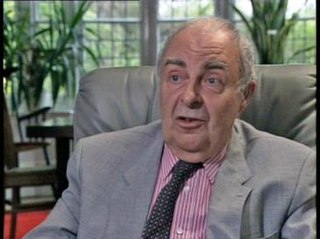A Quote by James Blish
Related Quotes
It's like they talk about how American actors have the method and English actors just kind of switch views faster. And John [Hurt] is telling me the story as he's sitting in that witness chair, and they're putting the final touches of makeup on. And he goes, "Hold on a second," to stop his story so he can do the take. And he does this incredible take. They go, "Cut." And then immediately John goes, "Anyways, so Alec, he's playing the chess." And I'm just going, "Holy crap." You get whiplash from those kinds of quick turns!
If one loves stories, then one would naturally love the story of the story. Or the story behind the story, pick your preposition. It does seem to me to be a kind of animal impulse almost, a mammalian curiosity. For a reader to wonder about the autobiography in a fiction may be completely unavoidable and in fact may speak to the success of a particular narrative, though it may also speak to its failure.
The average detective story is probably no worse than the average novel, but you never see the average novel. It doesn't get published. The average -- or only slightly above average -- detective story does.... Whereas the good novel is not at all the same kind of book as the bad novel. It is about entirely different things. But the good detective story and the bad detective story are about exactly the same things, and they are about them in very much the same way.
One of the remarkable qualities of the story is that it creates space. We can dwell in a story, walk around, find our own place. The story confronts but does not oppress; the story inspires but does not manipulate. The story invites us to an encounter, a dialogue, a mutual sharing. As long as we have stories to tell to each other there is hope. As long as we can remind each other of the lives of men and women in whom the love of God becomes manifest, there is reason to move forward to new land in which new stories are hidden.


































